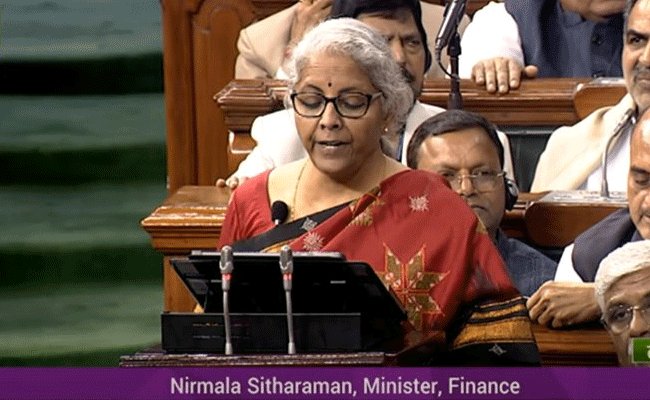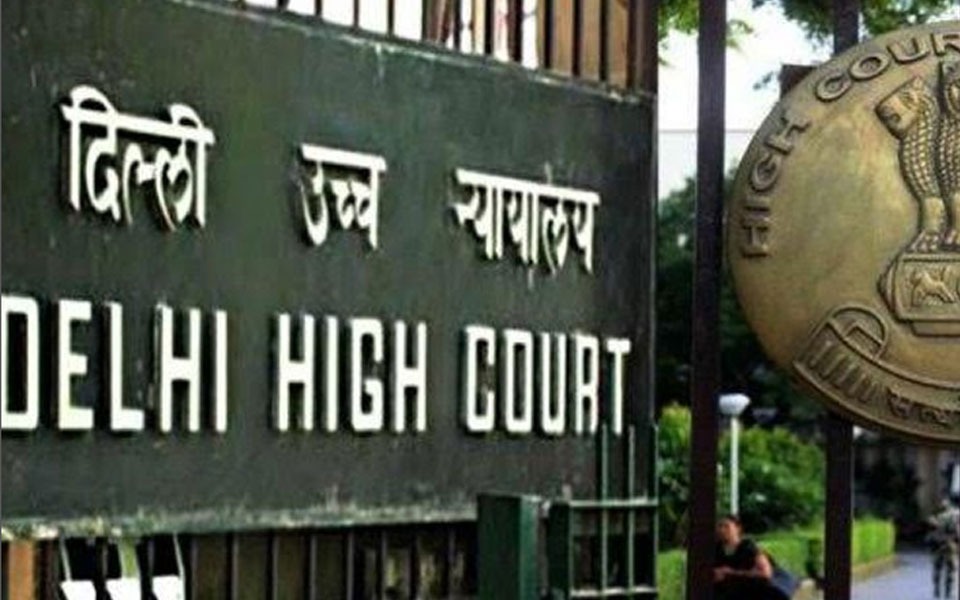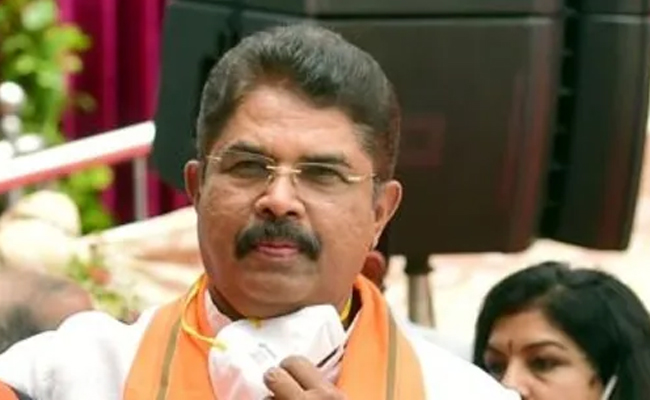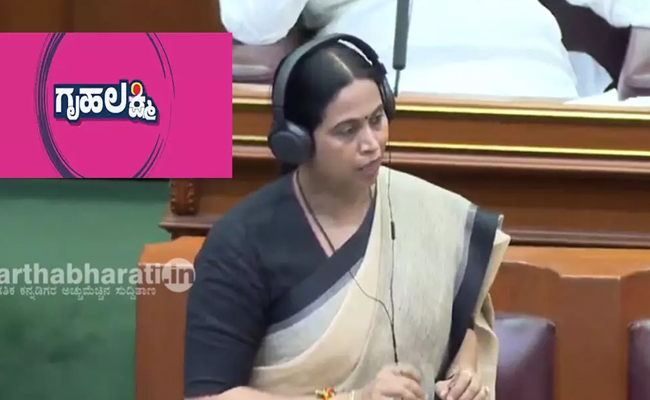New Delhi (PTI): Finance minister Nirmala Sitharaman on Wednesday announced no tax for those with annual income of up to Rs 7 lakh under the new tax regime but made no changes for those who continue in the old regime that provides for tax exemptions and deductions on investments and expenses such as HRA.
In what is being seen as push for salaried class taxpayer to switch to new tax regime where no exemptions on investments is provided, the finance minister in her budget for 2023-24 allowed a standard deduction of Rs 50,000 under the new regime.
The old tax regime provides for a similar deduction and no tax on income up to Rs 5 lakh.
Also, the basic exemption limit has been raised to Rs 3 lakh from Rs 2.5 lakh. A Rs 2.5 lakh basic exemption limit is prescribed in old tax regime.
The move will lead to a saving of Rs 33,800 for those earning up to Rs 7 lakh annually and opting for new tax regime. Those with income up to Rs 10 lakh would save Rs 23,400 and Rs 49,400 saving would accrue to those earning up to Rs 15 lakh.
For high salary people, Sitharaman also reduced surcharge from 37 per cent to 25 per cent for high net worth individuals with income above Rs 2 crore.
This would translate into a saving of around Rs 20 lakh for those having a salary income of about Rs 5.5 crore.
In her Budget speech, Sitharaman said currently individuals with total income of up to Rs 5 lakh do not pay any tax due to rebate.
"It is proposed to increase the rebate for the resident individual under the new regime so that they do not pay tax if their total income is up to Rs 7 lakh," Sitharaman said, adding that the number of slabs would be reduced to five.
Under the revamped new tax regime, no tax would be levied for income up to Rs 3 lakh. Income between Rs 3-6 lakh would be taxed at 5 per cent; Rs 6-9 lakh at 10 per cent, Rs 9-12 lakh at 15 per cent, Rs 12-15 lakh at 20 per cent and income of Rs 15 lakh and above will be taxed at 30 per cent.
"I propose to extend the benefit of standard deduction to the new tax regime. Each salaried person with an income of Rs 15.5 lakh or more will thus stand to benefit by Rs 52,500," Sitharaman said.
Deloitte India Partner Neeru Ahuja said that the tweaks made in the new tax regime clearly indicates that government wants salaried class to shift to the new regime, under which exemptions cannot be claimed.
"Usually salaried individuals save to claim benefit of tax deductions. The tweaks in the new tax regime in Budget are aimed at getting people out of that mindset. The government is indicating that the new tax regime is here to stay and may be the only option going forward," Ahuja said.
The government in Budget 2020-21 brought in an optional income tax regime, under which individuals and Hindu Undivided Families (HUFs) were to be taxed at lower rates if they did not avail specified exemptions and deductions, like house rent allowance (HRA), interest on home loan, investments made under Section 80C, 80D and 80CCD. Under this, total income up to Rs 2.5 lakh was tax exempt.
Currently, a 5 per cent tax is levied on total income between Rs 2.5 lakh and Rs 5 lakh, 10 per cent on Rs 5 lakh to Rs 7.5 lakh, 15 per cent on Rs 7.5 lakh to Rs 10 lakh, 20 per cent on Rs 10 lakh to Rs 12.5 lakh, 25 per cent on Rs 12.5 lakh to Rs 15 lakh, and 30 per cent on above Rs 15 lakh.
The scheme, however, has not gained traction as in several cases it resulted in higher tax burden.
With effect from April 1, these slabs will be modified as per the Budget announcement.
Let the Truth be known. If you read VB and like VB, please be a VB Supporter and Help us deliver the Truth to one and all.
Panaji (PTI): A court in North Goa on Wednesday remanded Gaurav and Saurabh Luthra, co-owners of the ‘Birch by Romeo Lane’ nightclub, in police custody for five days.
The brothers, brought to Goa from Delhi after being deported from Thailand in connection with the December 6 blaze that killed 25, were produced in the court after undergoing health check-ups twice at the District Hospital in North Goa.
Judicial Magistrate First Class Mapusa Puja Sardesai remanded the two brothers in police custody for five days.
Advocate Vishnu Joshi, representing Bhavana Joshi who lost four family members in the tragedy, said that the accused were asking for “special consideration” claiming poor health.
ALSO READ: Dharmasthala mass burial case: Accused Chinnayya expected to be released on Wednesday
“We said they should not be given any extra relaxation,” he said, adding that the court has taken cognisance of the fact that this is about the death of “25 people in the form of mass genocide”.
“But since they kept pressing for medical check-up, the court ordered reexamination of their health. It is clear in the medical examination that they don’t require any consideration. The accused sought special considerations in the lock-up like a good mattress, which the court refused,” said Joshi.
A team of the Goa Police, along with the Luthra brothers, arrived at the Manohar International Airport, Mopa, in North Goa at 10.45 am.
The duo was initially taken to a Primary Health Centre at Siolim for medical examination. They were then taken to the District Hospital at Mapusa.
After their health assessment, the two were brought to the court.
The court directed that the accused be sent for fresh medical examination. Accordingly, the two were again taken to the District Hospital.
Later, they were produced before Judge Sardesai, who ordered the five-day police custody of the accused.
After the fire tragedy at Arpora village, the Anjuna police had registered a case against the Luthra brothers on various charges, including culpable homicide not amounting to murder.
The brothers were arrested in Delhi on Tuesday after being deported from Thailand. A court there allowed the Goa Police their two-day transit remand.
ALSO READ: Woman threatens to end life as police official refuses to accept love proposal, FIR registered
The duo had fled to Phuket in Thailand early on December 7, hours after the fire at their nightclub, prompting the authorities to issue an Interpol Blue Corner Notice and cancel their passports.
They were detained by Thai authorities at Phuket on December 11 following a request from the Indian government, which later coordinated with officials in Thailand to deport them under legal treaties between the two nations.
Five managers and staff members have already been arrested by the Goa Police in connection with the fire.





